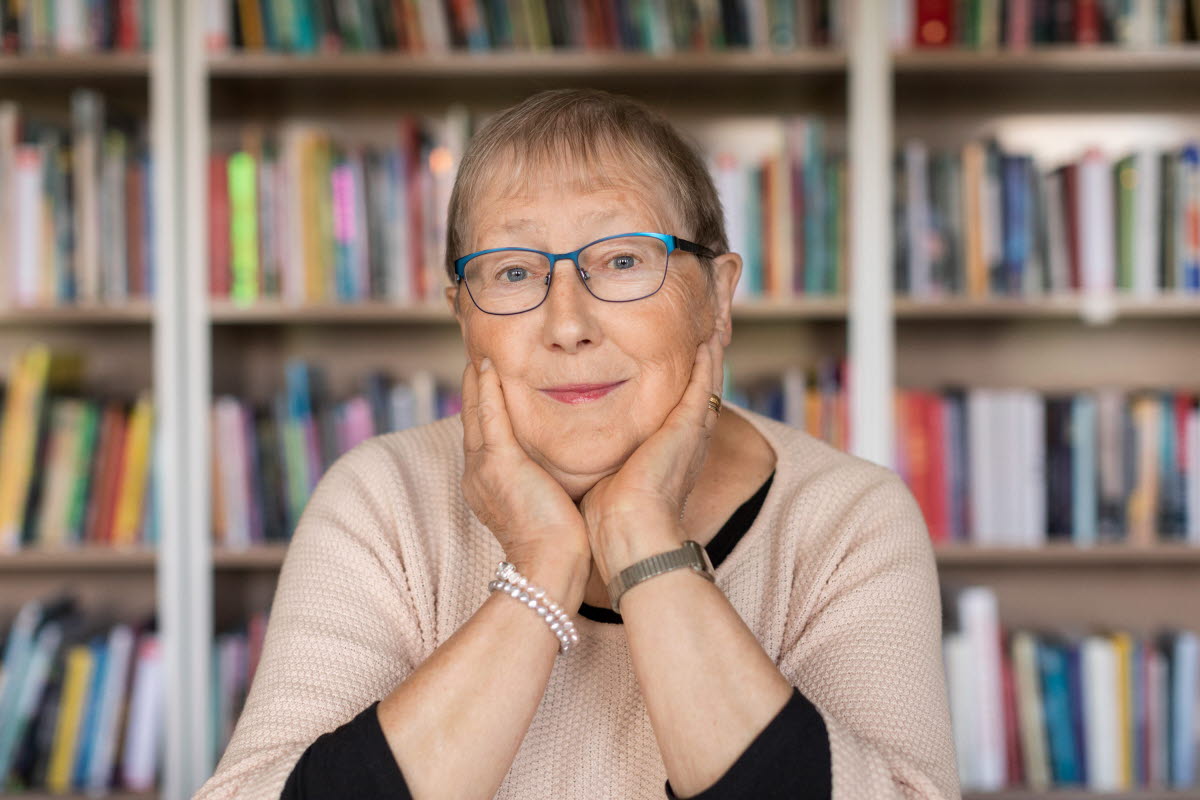Lena Kåreland

About
Born: 1940
Currently lives in: Uppsala
Jury member since: 2015
Lena Kåreland is an emeritus professor of Swedish at Uppsala University with a specialisation in didactics and subject teaching in the field of literature. Her research focuses primarily on children’s literature. She has written around 15 books on children’s and young people’s literature, including the books of Lennart Hellsing, and has published articles and essays in both Swedish and international journals and anthologies.
Do you have any particular reading memories from when you were a child?
"Before I was really able to read, I remember being fascinated by the illustrations in books. I remember very well the illustrations (by Maurice Leloir) in Alexandre Dumas’ The Three Musketeers. I also remember being captivated by the Kulla-Gulla series by Martha Sandwall-Bergström, which I read multiple times."
What made you want to do research on children’s and young people’s literature?
"Books for children and young people are crucial in shaping our development as readers. For that reason, investigating this literature seems especially important. By viewing it in a historical perspective, we can also learn a lot about how society’s view of children has changed over times. In my research, I’ve been particularly interested in understanding the connections and interactions between literature for children and for adults."
What is the role of children’s and young people’s literature in the world of today?
"Statistics say that fewer and fewer children and young people are reading, which is concerning. Adults have a big responsibility here, especially teachers and parents. At the same time, there is still a large group of young people who are interested in reading, and we shouldn’t forget that. And people read for many different reasons. We’re seeking recognition and self-identification; excitement, adventure and escapism; understanding, knowledge and an expanding of our horizons."
What makes a good children’s book?
"There’s no simple formula for what makes a book good. It needs to have a compelling plot, language that flows, and ideally a mystery or a puzzle, something you don’t understand fully and have to keep mulling over when the book is done."
